
Table of Contents
What are Headaches?
Headaches are a prevalent health issue that can affect individuals at any age, gender, or lifestyle. They manifest as pain or discomfort in the head, scalp, or neck, and while often perceived as a minor inconvenience, they can significantly impact daily activities and overall quality of life. Understanding the nature of headaches is crucial for effective management and treatment.
Definition and Overview
A headache is a type of pain that can occur anywhere in the head or neck and is classified based on various characteristics such as intensity, duration, and cause. The sensation can range from mild to severe and is often described as a throbbing, pulsing, or constant ache. Headaches can stem from numerous underlying factors, including tension, vascular changes, and neurological issues.
Prevalence and Impact
According to the World Health Organization (WHO), headaches are among the most common disorders of the nervous system. It is estimated that nearly half of the adult population has experienced a headache in the last year. The impact of headaches extends beyond mere discomfort; chronic headache sufferers may face reduced productivity, increased healthcare costs, and diminished quality of life, leading to a pressing need for effective treatment options.
Types of Headaches
Tension Headaches
Tension headaches are the most common type, often caused by stress, anxiety, or muscle tension. They typically present as a dull, aching sensation all around the head, coupled with tenderness in the scalp, neck, and shoulder muscles. These headaches can be episodic or chronic, with chronic tension headaches occurring more than 15 days a month.
Managing tension headaches often involves lifestyle changes, such as stress management techniques, regular exercise, and ergonomic adjustments to one’s workspace. Over-the-counter pain relievers like ibuprofen or acetaminophen can also provide relief for mild to moderate tension headaches.
Migraine Headaches
Migraine headaches are characterized by intense pulsing or throbbing pain, usually localized to one side of the head. Accompanied by symptoms such as nausea, vomiting, and sensitivity to light and sound, migraines can last for hours or even days. They often occur in phases, including the prodrome (warning signs), aura (visual disturbances), and postdrome (aftereffects).
Identifying and avoiding triggers is key to managing migraines. Common triggers include hormonal changes, certain foods, and environmental factors. Prescription medications like triptans can help alleviate migraine symptoms, while preventive treatments may include beta-blockers or anticonvulsants. Tests are available to measure hormone abnormalities, food allergies, and environmental pollutants which can help identify root causes. Some of these tests are listed below.
Cluster Headaches
Cluster headaches are less common but extremely painful, often described as a burning or piercing sensation around one eye. These headaches occur in cyclical patterns, with periods of frequent attacks followed by remission. The attacks can last from 15 minutes to several hours and are often accompanied by symptoms like tearing, nasal congestion, or restlessness.
Because of the intense pain, cluster headaches require prompt treatment. Oxygen therapy and prescription medications like sumatriptan can effectively relieve symptoms. Preventive treatments, including verapamil, are often recommended for those with recurrent episodes.
Sinus Headaches
Sinus headaches are associated with sinus infections and characterized by pain in the forehead, cheeks, and around the eyes. Symptoms often include nasal congestion and a sense of fullness in the head. Unlike other headache types, sinus headaches are usually tied to underlying sinus issues.
Effective treatment often includes decongestants, nasal sprays, and, in some cases, antibiotics if an infection is present. Home remedies, such as steam inhalation and warm compresses, can also aid in relief. Identifying and treating allergies can also be very helpful.
Common Triggers of Headaches
Chemical Exposures
Environmental factors play a significant role in headache onset. Chemical exposures from pollutants, strong odors, and smoke can trigger headaches in sensitive individuals. Common triggers include perfumes, cleaning agents, and industrial chemicals. Reducing exposure to these irritants can help mitigate headache frequency and severity. We recommend a US Bio Tek test for common triggers for chemicals: https://healthalways.com/store/us-biotek/
Dietary Factors: Foods That Trigger Headaches
Certain foods are known to trigger headaches in some individuals, including aged cheeses, processed meats, and foods containing monosodium glutamate (MSG). Caffeine can also be a double-edged sword; while it may relieve headache pain for some, withdrawal can trigger headaches in habitual consumers. Keeping a food diary to track dietary intake and headache occurrences can aid in identifying personal triggers. An Alletess at-home test will help you to identify food allergies. https://healthalways.com/store/alletess/
Lifestyle Changes and Stress Management
Stress is one of the primary culprits behind headache onset. Chronic stress can lead to muscle tension and exacerbate existing headache conditions. Techniques such as mindfulness meditation, yoga, and regular physical activity can help manage stress levels. Incorporating relaxation techniques into daily routines can reduce headache frequency and improve overall well-being.
Dehydration and Its Role
Dehydration is another common headache trigger. When the body lacks sufficient water, it can lead to headache symptoms. Maintaining adequate hydration throughout the day is essential, especially during physical activity or hot weather. A general guideline is to drink half your body weight in ounces daily, adjusting as needed based on individual activity levels and climate. For example, a 128 pound person would need at least eight 8-ounce glasses of water daily.
Adequate Sleep: The Importance of Rest
Quality sleep is crucial in maintaining overall health and can significantly affect headache patterns. Irregular sleep patterns or insufficient sleep can increase the likelihood of headaches. Establishing a consistent sleep schedule and creating a restful sleep environment can promote better sleep hygiene, ultimately reducing headache occurrences.
Treatments for Headaches
Over-the-Counter Medications
Over-the-counter (OTC) medications are often the first line of defense for individuals experiencing headaches. Commonly used medications include acetaminophen, ibuprofen, and naproxen. These medications can effectively alleviate mild to moderate headache pain. However, it is essential to follow the recommended dosages to avoid potential side effects or medication overuse headaches.
Prescription Medications
For more severe or chronic headaches, healthcare providers may prescribe medications. Triptans are commonly prescribed for migraines, offering relief by constricting blood vessels in the brain. Other options may include preventive medications like beta-blockers, antidepressants, or anticonvulsants, depending on the individual’s headache type and frequency.
Natural Supplements and Remedies
Natural remedies and supplements can also provide relief. Magnesium, riboflavin, and coenzyme Q10 and other supplements (see below) have shown potential in reducing headache frequency. Acupuncture and biofeedback are alternative therapies that have also gained popularity for headache management. While these methods may not work for everyone, they can be effective components of a comprehensive treatment plan.
Behavioral and Lifestyle Modifications
Incorporating behavioral changes can play a significant role in headache management. Regular physical activity, a balanced diet, and adequate hydration are essential for maintaining overall health and reducing headache frequency. Additionally, keeping a headache diary can help individuals identify patterns and triggers, providing valuable information for healthcare providers during consultations.
Conclusion: Proactive Approaches to Managing Headaches
Implementing Changes in Daily Life
Proactive management of headaches requires a multifaceted approach that combines medical treatments, lifestyle changes, and personal awareness. Individuals can take significant strides towards reducing headache frequency and severity by identifying triggers, employing relaxation techniques, and maintaining a healthy lifestyle.
Seeking Professional Help
While many headache treatments can be managed at home, persistent or severe headaches warrant consultation with a healthcare professional. They can provide a comprehensive evaluation, determine underlying causes, and tailor a treatment plan specific to individual needs. Living with headaches does not have to be a daily struggle; proactive steps can lead to a more pain-free life.
FAQs
What are the common types of headaches?
The most common types of headaches include tension headaches, migraines, cluster headaches, and sinus headaches. Each type has unique characteristics and triggers.
What triggers headaches?
Headaches can be triggered by various factors, including stress, dehydration, certain foods, hormonal changes, and environmental irritants.
How can I prevent headaches?
Preventing headaches can involve lifestyle modifications such as staying hydrated, maintaining a regular sleep schedule, managing stress, and avoiding known food triggers.
When should I see a doctor for headaches?
If headaches become frequent, severe, or disrupt daily activities, it is advisable to seek medical advice to rule out any underlying conditions.
What are effective treatments for headache relief?
Effective treatments include avoidance of offending foods, reduce exposure to environmental toxins, over-the-counter medications, prescription medications, natural supplements, and lifestyle changes aimed at reducing triggers.
Products
At Home Tests for Hormones, Allergies, and Environmental Pollutants
-
←→
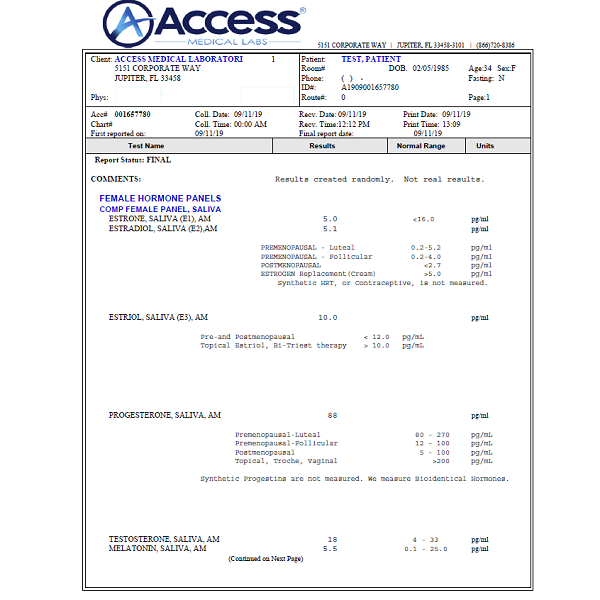
Access Labs Female Hormone Profile Saliva
$189.00$169.00The female hormones saliva test is a simple at home test which reports levels of female hormones.- Buy 2 at $164.00
Access Labs Female Hormone Profile Saliva
$189.00 $169.00Successfully Added to your Shopping CartAdding to Cart... -
←→
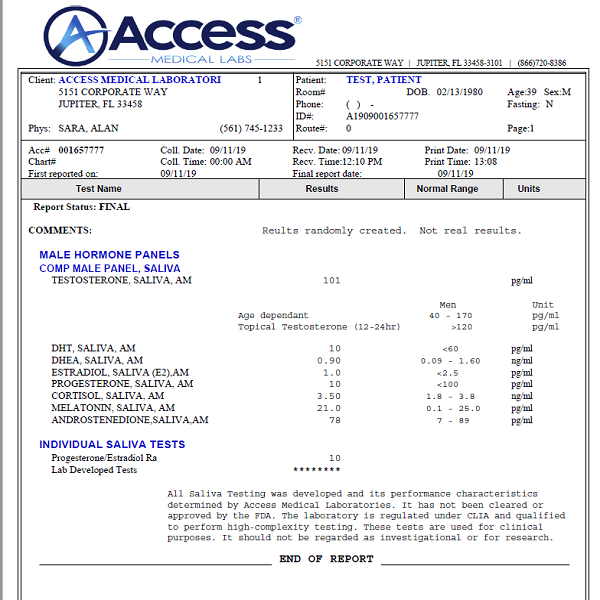
Access Labs Male Hormone Profile Saliva
$189.00$169.00The female hormones saliva test is a simple at home test which reports levels of female hormones.- Buy 2 at $164.00
Access Labs Male Hormone Profile Saliva
$189.00 $169.00Successfully Added to your Shopping CartAdding to Cart... -
←→
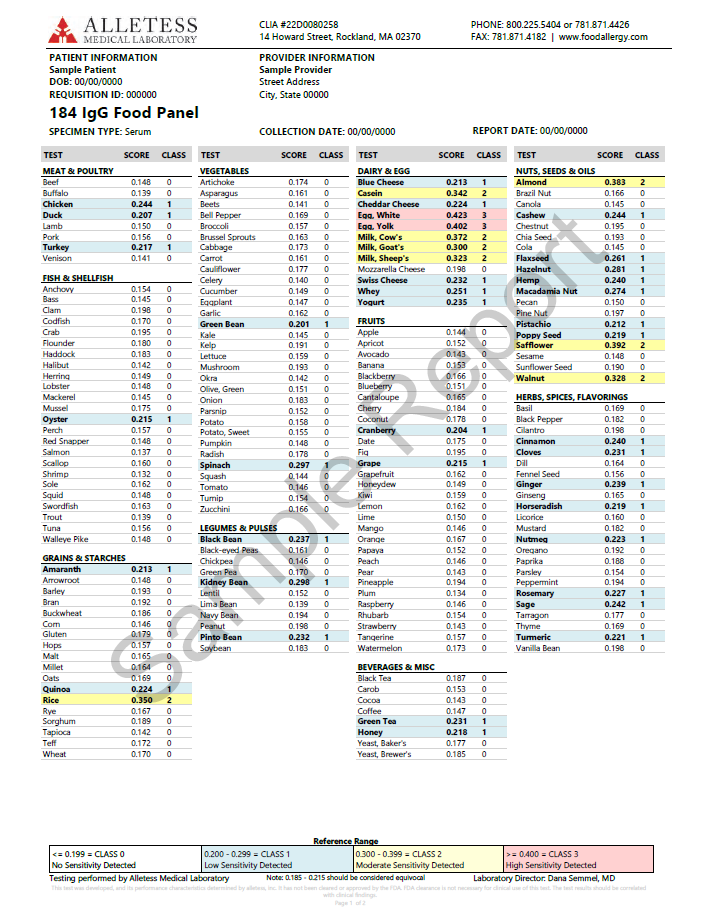
Alletess Food Allergy Sensitivity Test
$269.00$223.00Food sensitivities may be causing many of your health issues. Test now with this convenient at home test; no lab visit required.Alletess Food Allergy Sensitivity Test
At Home Health Tests, Allergy Tests, Blood Spot Tests, Allergy Solutions, Lung Solutions, Gastrointestinal Solutions$269.00 $223.00Successfully Added to your Shopping CartAdding to Cart... -
←→
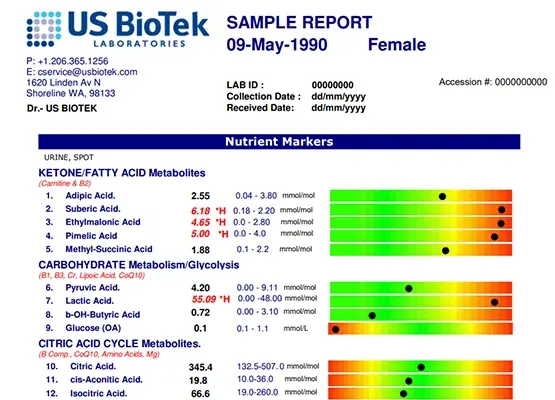
US BioTek Organic Acids Profile Environmental Pollutants Profile
$339.00$269.00A unique biochemistry profile called Organic Acid Test (OAT) can detect alterations in your gut, cellular deficiencies, levels of neurotrasmitters, exposures to mold or fungus and indicate need for specific nutrients, diet modifications and detoxification. Combine the OAT with the Environmental Pollutants Profile (EPP) for a more complete snapshot picture of toxic exposure to environmental chemicals.- Buy 2 at $264.00
US BioTek Organic Acids Profile Environmental Pollutants Profile
At Home Health Tests, Nutritional Tests, Mycotoxin Molds Tests, Autism Tests, Environmental Pollutants Tests, Organic Acids Tests, Detox Solutions$339.00 $269.00Successfully Added to your Shopping CartAdding to Cart... -
←→

UCARI Intolerance Test Kit
$99.99$88.00Test for 1500+ possible intolerances and nutritional imbalances- Buy 2 at $85.00
UCARI Intolerance Test Kit
At Home Health Tests, Hair Tests, Allergy Tests, Nutritional Tests, Environmental Pollutants Tests, Mycotoxin Molds Tests, Allergy Solutions, Lung Solutions, Gastrointestinal Solutions, Immune System Tests, Candida Solutions$99.99 $88.00Successfully Added to your Shopping CartAdding to Cart...
Natural Supplements
-
←→
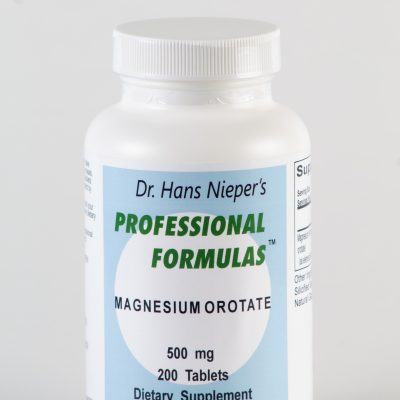
Magnesium Orotate
Supplements, Mineral Supplements, Heart Solutions, Immune System Solutions, Gastrointestinal Solutions, Allergy Solutions$25.10Successfully Added to your Shopping CartAdding to Cart... -
←→
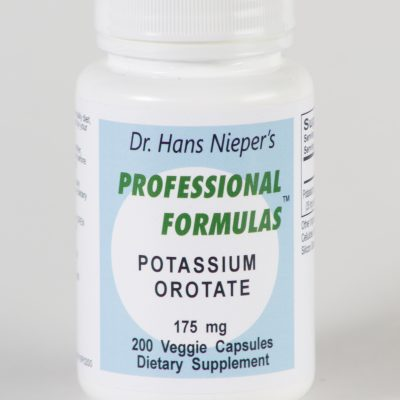
Potassium Orotate
Supplements, Mineral Supplements, Skin Solutions, Diabetes Solutions, Heart Solutions, Muscle Solutions, Hormone Solutions, Gastrointestinal Solutions$23.40Successfully Added to your Shopping CartAdding to Cart... -
←→
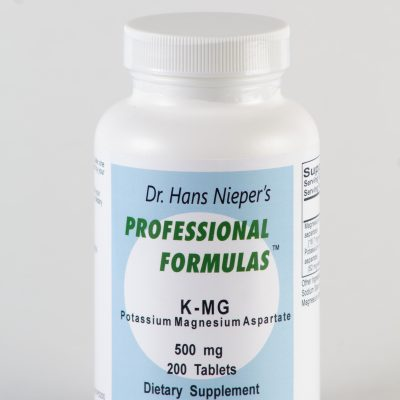
K-MG Potassium Magnesium
Supplements, Mineral Supplements, Headache Solutions, Heart Solutions, Muscle Solutions, Lung Solutions, Memory Loss Solutions, Anxiety, Stress, Depression Solutions$13.10Successfully Added to your Shopping CartAdding to Cart... -
←→
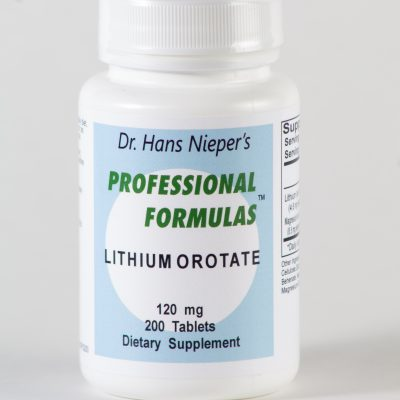
Lithium Orotate
Supplements, Mineral Supplements, Autism Solutions, Nerve Damage Solutions, Immune System Solutions, Gastrointestinal Solutions$16.30Successfully Added to your Shopping CartAdding to Cart...
References
- https://links.e.response.mayoclinic.org/EmailPreview-GeneralHealth
- https://www.ninds.nih.gov/health-information/disorders/headache
